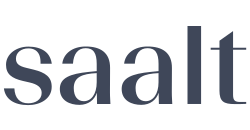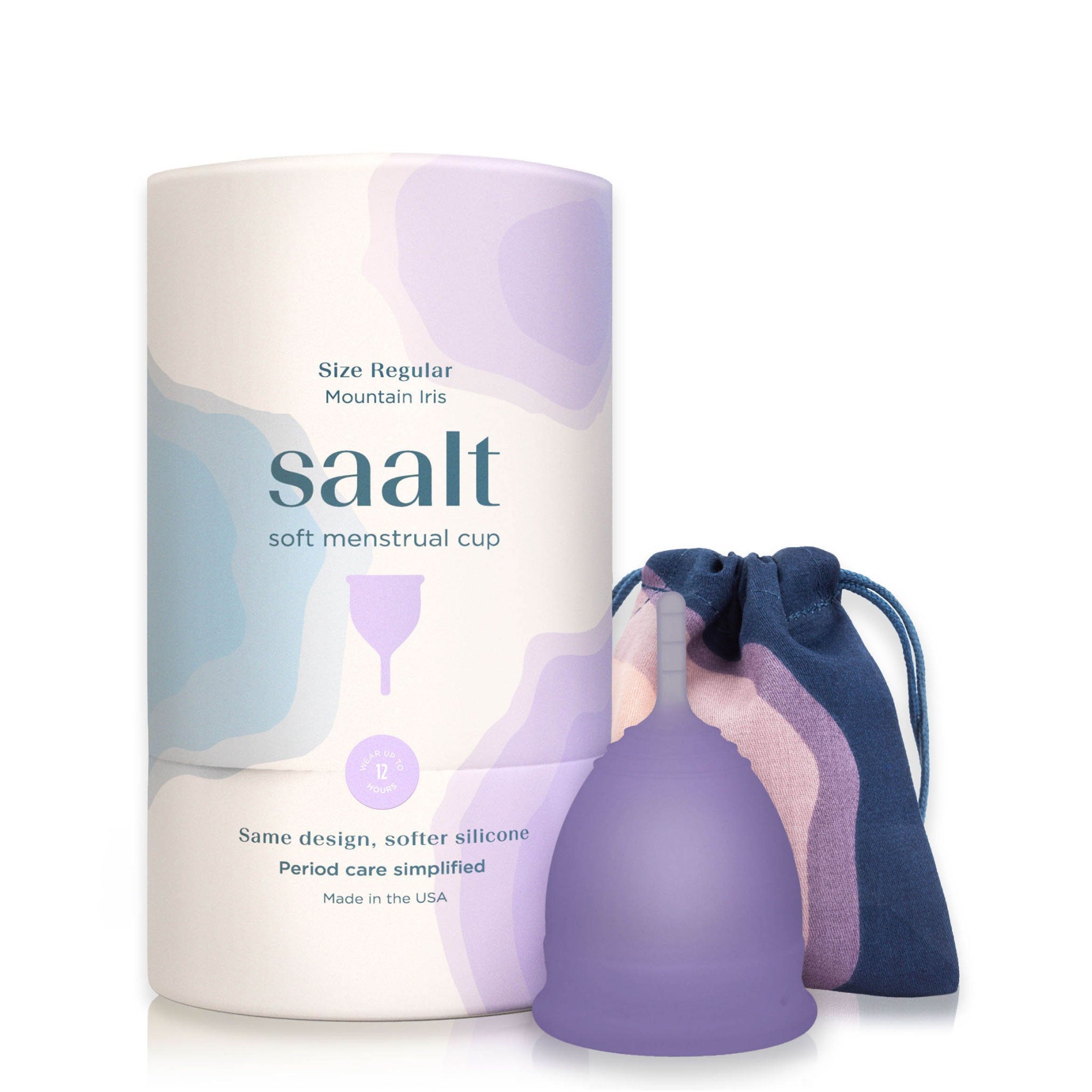By: Zack Fowler, Executive Director - WISER International
For the past two years, Saalt has addressed the menstrual health needs of these powerful young women through the donation of menstrual cups. For the WISER Girls, the cups provide something compelling when it comes to menstrual hygiene: a choice.
Saalt is an education organization. You might not think of it that way at first, but it’s no secret that menstrual hygiene and education are inextricably linked for millions of youth worldwide.
If an adolescent girl in the global south can’t find or afford menstrual products, she might miss school. If she can’t manage her period easily because of absent water and sanitation facilities, she might miss school. If she fears the stigma associated with discussing and addressing menstruation, you guessed it, she might miss school. When that girl misses school, she misses vital material and, depending on where she lives, she may play into gendered stereotypes about whether girls should even be prioritized in school. Her educational prospects are threatened, and that makes the chance of early marriage, early pregnancy, and dropout all the more likely. All of this can be halted with the right combination of inclusive, holistic education and a high-quality menstrual product.
That’s where Saalt becomes an education organization: by getting involved with this issue directly with partners all over the world–partners like us! We are the WISER team.

WISER believes that no girl is in too remote of an area or too difficult of a situation to be beyond empowerment through education and health. In rural Kenya, we’ve put this belief into practice with the WISER Girls Secondary School, a hub for girls’ excellence and outreach in one of the most inaccessible areas of rural Kenya. In a region where only 9% of all girls finish school, the WISER Girls are flipping the script. More than 98% of all students at WISER graduate and more than 90% go on to obtain a college degree. However, those same girls play a role in their community that is even larger than being a student with unprecedented success. WISER Girls lead key community health programs, including school-based outreach on menstrual hygiene and sexual and reproductive health, for 2,000 youth each year.
For the past two years, Saalt has addressed the menstrual health needs of these powerful young women through the donation of menstrual cups. For the WISER Girls, the cups provide something compelling when it comes to menstrual hygiene: a choice. In the region where WISER is based, there are many cases in which a girl cannot acquire any menstrual product. In an effort to stay in school by any means possible, these girls often turn to nontraditional materials including old clothes, wash rags, furniture stuffing or sponges to serve as makeshift pads. In these situations, girls not only face heightened chances of leakage, they also face an increased chance of infection and irritation. But for so many girls, the chance to stay in school is worth it. Knowing this, WISER makes reusable pads available to all of its students from the moment they step on campus so they don’t need to wonder if their menstrual health is at risk.
But our partnership with Saalt takes menstrual health to another level.

A girl having a solution for menstrual hygiene needs is one thing. A girl having the choice of how she meets those needs, based on her preferences and what she knows about her body is a whole different story, and one that is truly empowering for girls. Thanks to Saalt, that’s the opportunity the WISER Girls have. Ever since we started working together, girls at WISER have had their choice of pads or cups, and it would be an understatement to say that the cup users on campus are major Saalt fans. Menstrual cups offer a way for the WISER Girls to maintain their menstrual hygiene with an easy to use, easy to wash solution. From day one, the cups were championed on WISER’s campus by students and teachers alike. I was lucky to be on campus the day the cups were first introduced. I watched as three of our teachers not only got up in front of a room of girls and described how to insert and wash the cups, but also explained their own experiences as Saalt cup users and why they made the switch to the cup long-term!
That moment was special. It was one menstruating woman talking to another about options for period care and menstrual hygiene, and doing so in a way that was powerfully normalized. When we contextualize that moment with what we know about menstrual hygiene challenges in the region, this example of WISER and Saalt coming together shines as an effort with true impact.
We were lucky to capture this impact in a new way recently, as WISER and Saalt came together again to produce a video featuring some of those cup users on the WISER campus in rural Kenya. The testimonies speak for themselves and, to be honest, the video brings me as much joy watching it now as it did the first time I saw it. The overlap between menstrual hygiene and education–the intersection that brought WISER and Saalt together–is not a new one, but it has never been more important to bring attention to it with every opportunity we get.





